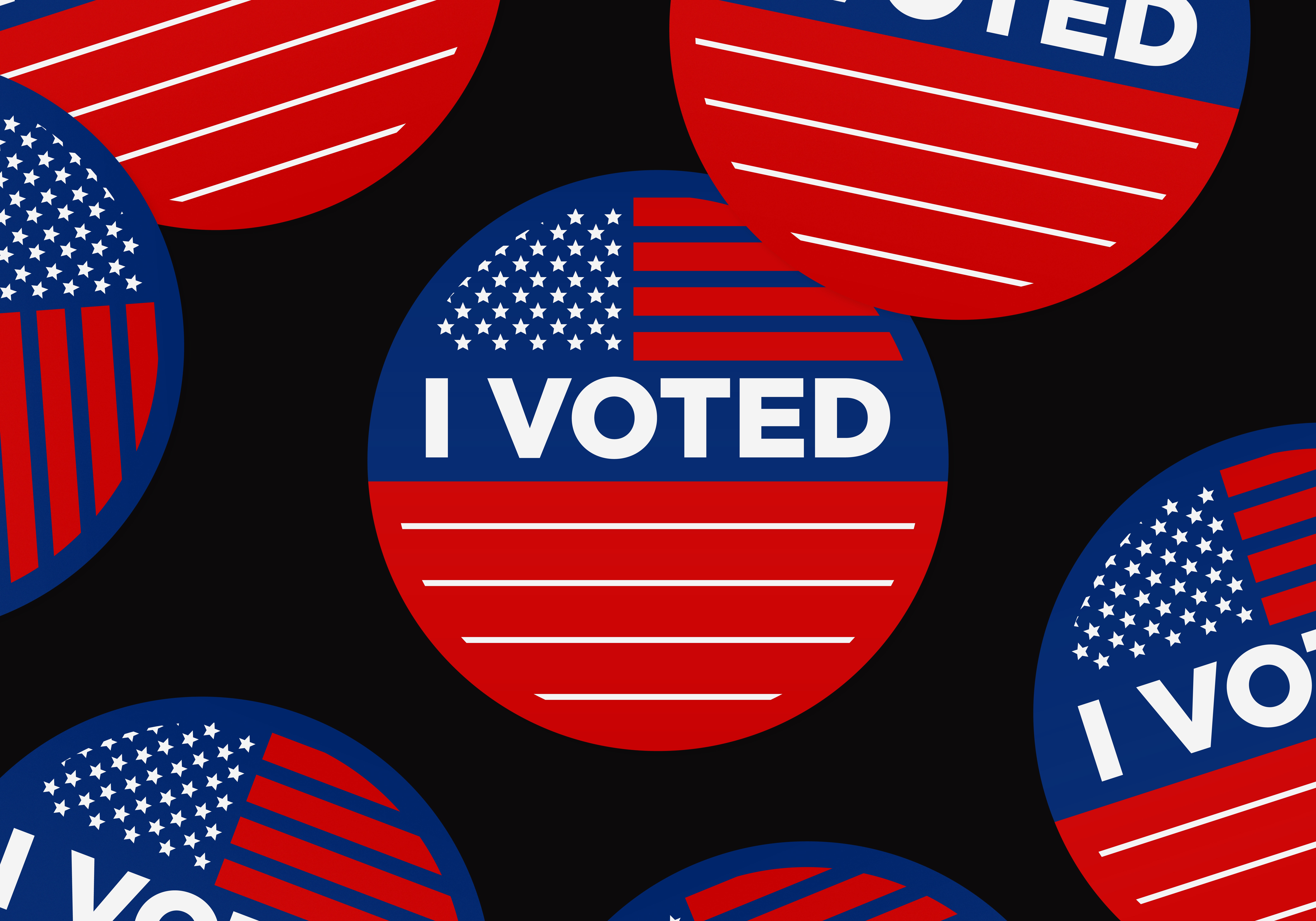In November of 2021, a short article was published in many local newspapers regarding the pre-filing of a bill to reduce the South Carolina drinking age. The bill circulated statewide media sources with very little widespread acknowledgment, an unexpected reaction to a pretty significant potential alteration to South Carolina State Laws. State Representative Todd Rutherford, sponsor of the bill, stated “This is a personal freedom issue. If you are old enough to fight for our country, if you’re old enough to vote, if you’re old enough to sign on for thousands of dollars of student loans for a college education, then you are old enough to have a drink,” Rutherford said. But is this a personal freedom issue?
The legal drinking age has been an area of conflict throughout United States history. From complete prohibition of alcoholic substances to seemingly absurd state laws mandating different age limits for males and females consuming alcohol, the issue has been addressed repeatedly at the state and federal level. In 1984, the National Minimum Drinking Age Act [23 U.S.C. § 158] required that States prohibit persons under 21 years of age from purchasing or publicly possessing alcoholic beverages as a condition of receiving State highway funds. When the bill first surfaced, President Reagan threatened to veto the bill on the grounds that it infringed on states’ rights. Substantial support from the powerful lobbying of Mothers Against Drunk Driving (MADD), however, caused the bill to pass the Senate floor and gain Reagan’s approval.
The focal issue surrounding this bill, however, does not derive from the personal freedoms of an 18-year-old. The issue is deeply rooted in the implications of such a bill for state sovereignty. We might assume that the bill focuses on protecting the rights of an 18-year-old individual, but this bill represents an important battle between state and federal authority. To many states’ rights activists, the drinking age mandate represents a massive expansion of federal power and its control over the legislative actions of the states. If the federal government can withhold funding for roads and transportation in order to compel the states to change their statutes, where will the line be drawn for what the federal government cannot compel the states to do?
The resurgence of a strong interest in returning power from the federal government to the states has encouraged southern states to refocus their legislative priorities and pay special attention to legislative mandates from the federal government. The drinking age is often left untouched by state legislatures, however, due to the massive amount of funding that would be lost should the age be changed. Representative Rutherford argues that the surplus in South Carolina’s highway funds will cushion the blow of these losses until state revenue from alcohol sales can make up for them. While many representatives disagree with Rutherford’s claim, a more interesting perspective might be that if the vast majority of states changed their laws, would the federal government concede to distribute highway funds regardless of the mandate? The effect of the states’ authority as a united body is indisputably strong.
If South Carolina’s introduction of this legislation could set off a ripple effect among the states for reducing the age limitation, the federal government would face a substantial threat to the mandate. The competing interests of maintaining significant federal funding and increasing state autonomy and internal revenue will make this legislation a difficult uphill battle for its supporters. However, if South Carolina and other states join together to take this risk, it could be a substantial win for both states’ rights and Clemson University students, as well as a major blow to federal power and night shifts for the CUPD. The bill was introduced and read for the first time in the House on January 11th. It is currently awaiting debate and a vote in the Committee on the Judiciary.








